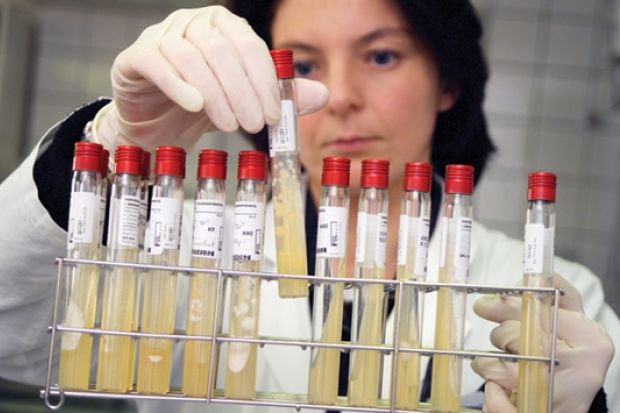Findings from a survey by the BMJ published yesterday found that 13 per cent of UK-based scientists and doctors had witnessed colleagues fabricating or altering research data ahead of publication in peer-reviewed journals.
Of the 2,700 scientists and doctors who responded, 6 per cent admitted misconduct themselves when preparing or presenting research papers.
The results were disclosed at a meeting in London organised by the BMJ and the Committee on Publication Ethics (Cope) to highlight the need for better systems to deter, detect and investigate research misconduct.
Fiona Godlee, the BMJ’s editor in chief, said the survey showed that “there is a substantial number of cases [of misconduct] and that UK institutions are failing to investigate adequately, if at all”.
She added: “The BMJ has been told of junior academics being advised to keep concerns to themselves to protect their careers, being bullied into not publishing their findings or having their contracts terminated when they spoke out.”
Elizabeth Wager, Cope chair, added: “We see many cases of institutions not cooperating with journals and failing to investigate research misconduct properly.”
One of the speakers at the event, Malcolm Green, former vice-principal of the faculty of medicine at Imperial College London, said that “for every case of fraud that is detected there are a dozen or more that go undetected”.
Register to continue
Why register?
- Registration is free and only takes a moment
- Once registered, you can read 3 articles a month
- Sign up for our newsletter
Subscribe
Or subscribe for unlimited access to:
- Unlimited access to news, views, insights & reviews
- Digital editions
- Digital access to THE’s university and college rankings analysis
Already registered or a current subscriber? Login




